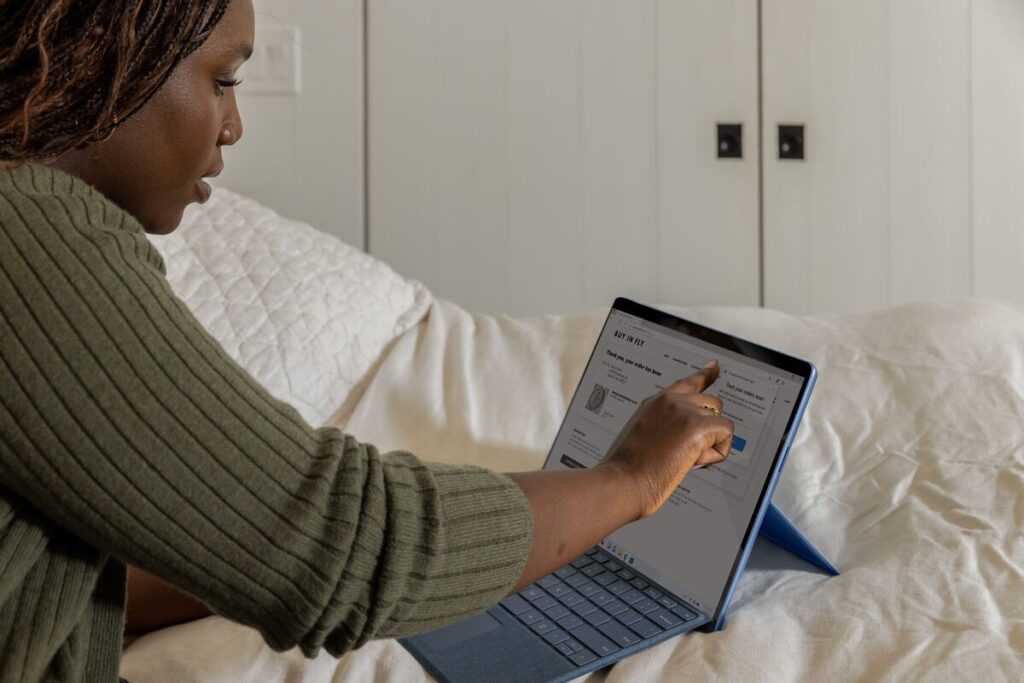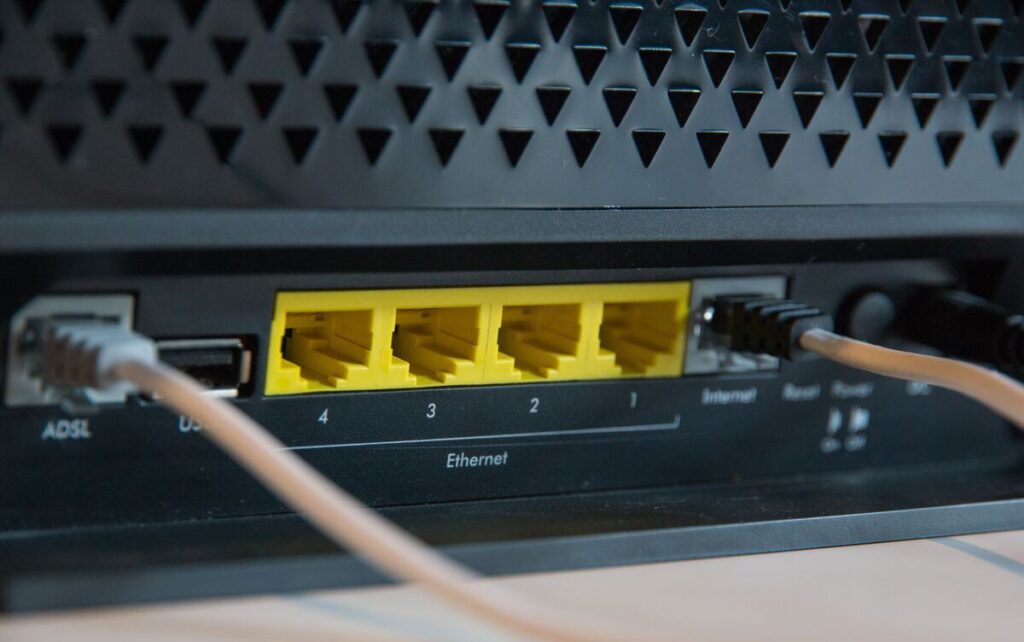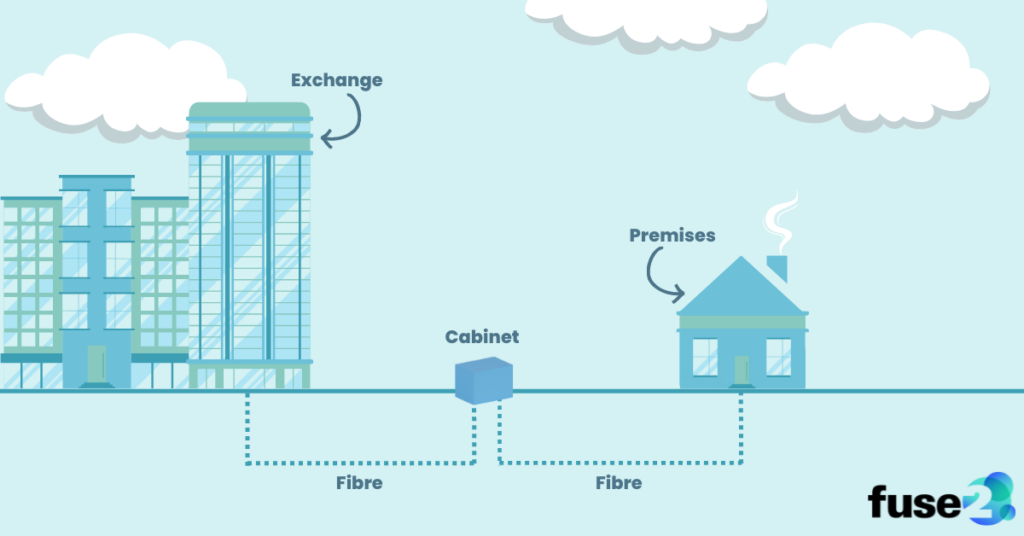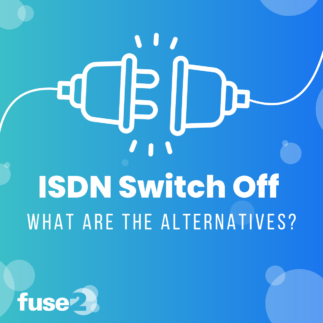ISDN alternatives are necessary to address the limitations and shortcomings of these legacy systems and to meet the evolving communication needs of individuals and businesses. Newer technologies offer increased flexibility, scalability, and cost-effectiveness, while also supporting a wider range of communication services and features.
Alternatives such as VoIP are becoming more prevalent in many small to large scale businesses and will soon become worldwide adopted as a industry standard
Highlights
What is ISDN?
The ISDN is a set of communication standards for digital telephone connections and the transmission of voice and data over a digital line. The ISDN provides high-speed, high-bandwidth channels to every user on the Public Switched Telephone Network and enables a variety of mixed digital transmission to be accommodated via a single interface. The ISDN was introduced in 1985 and quickly became the preferred communication protocol amongst many businesses due to its ability to transfer data faster, increase call quality and its ability to allow numerous simultaneous connections.
What is the ISDN & PSTN Switch off?
Despite best efforts to keep the ISDN as modern as possible, with the everchanging communications landscape being as diverse and flexible as it is, it started to become outdated and unreliable. In short, the ISDN could no longer compete with new technologies. Traditional ISDN lines often offer little flexibility and lead to businesses being tied to physical locations. With businesses expanding globally and modern ways of working often meaning remote working, being tied to physical locations can hinder operations. This therefore led to BT Openreach making the decision to retire the ISDN fully by 2025 so you will need to find ISDN alternatives to future-proof your communications.

How will the ISDN Switch off affect me?
The effect of the ISDN & PSTN switch off will vary for different end users depending on current system, requirements and legacy hardware. These effects however, will be minimal as long as you have chosen the right provider to aid you throughout your migration.
Residential
For residential customers, the switch shall be fairly straightforward depending on whether they already have a broadband connection in place. This will be a simple switch, which will not affect any communications. If a residential customer does not however have broadband connection in place, many providers have committed to no extra charge for customers who wish to only have broadband in place to continue using landline phones. Residential customers will also be able to keep their current phone number and phone which will make the switch easier on many people.
Business
The switch off will have a much greater effect on businesses due to the likeliness of their being more than just a phone line which will need to be migrated to the new digital network. Legacy services such as fax machines, telecare devices, lift phones and retail payment terminals will all require attention during the switch off. Most of the technology mentioned can be replicated and improved using digital alternatives however, some may not be which is where businesses may be required to research what options are available. The switch may also come with additional hardware costs if a business is currently running on legacy devices which will not be suitable for the switch off.

What are the 4 ISDN alternatives?
There are multiple alternatives to the ISDN however, the most reliable and future-proof option is VoIP. Researching into the different VoIP options now is essential to ensure you have the infrastructure in place to support this service.
Option 1: FTTP
One of the main alternatives for telephone services using ISDN is FTTP lines, Fibre To The Premises. FTTP works by removing the outdated copper line linking from cabinets to the premises and replacing them with modern fibre lines. Traditionally, the fibre line was ran directly from the exchange to the cabinet which was then connected from the cabinet to the premises using copper lines. This replacement will reform communications due to the leading benefits of fibre to the premise connectivity.
Option 2: SIP Trunking
SIP (Session Initiation Protocol) and SIP trunks represent a revolutionary shift in telephone system infrastructure, providing a modern and efficient alternative to traditional ISDN (Integrated Services Digital Network) solutions. Unlike traditional phone lines that rely on physical wires, SIP trunks leverage virtual phone lines, offering businesses enhanced flexibility, cost-effectiveness, and streamlined communication capabilities.
SIP Trunking is gaining widespread adoption due to its numerous advantages over ISDN. One notable benefit is the cost savings associated with SIP Trunking on a per-line basis. By utilising internet connections for voice communication, businesses can significantly reduce their telecommunication expenses, making SIP an economical choice for organisations of all sizes.
Benefits of SIP Trunking
There are many benefits to a having SIP Trunking as your alternative to ISDN network. Benefits such as the below, are proven to enhance your communication channels.
- Cost Savings
- Flexibility with Phone Numbers
- Scalability
- High Quality Service
- Business Continuity
Option 3: VoIP Telephone Systems
VoIP (Voice over Internet Protocol) is an advanced phone system that uses an internet connection to process (make and receive) calls rather than relying on traditional landlines. VoIP eliminates the need to be tied to a desk or physical copper wire, which is great for the recent switch to hybrid working. A VoIP system is ideal for modern businesses who operate globally and want to connect all staff, no matter their location, via one singular system. VoIP is a highly advanced, cost effective and scalable solution which has been designed to enhance communications all while simplifying the managing and up-keep of a traditional phone system.
VoIP is an advanced telephony option which has been used by small, medium and large businesses for many years. Whatever option you choose, rest assured VoIP and cloud based systems are adaptable, scalable and most importantly, modern. VoIP allows voice and video data to be seamlessly transmitted over the internet so that you can benefit from a cost-effective and flexible communication infrastructure.
Benefits of VoIP
There are many benefits to a VoIP system from general modernisation to cost savings. Benefits such as the below, are proven to enhance and simplify unified communications:
- Scalable
- Cost Effective
- Global Flexibility
- Enhanced Feature Sets
- Enhanced Call Quality
- Increase Accessibility
Option 4: Keep your ISDN lines until 2025
Although this isn’t our recommended option but an option which isn’t long term, at least until BT discontinues support. While it poses some level of risk, it remains a feasible choice.
Consider acquiring the extra lines you anticipate requiring for the next few years. You can explore alternative options at a later stage, providing a pragmatic solution to address budget constraints or to align with your preferred phone system without settling for a temporary fix. This approach offers a strategic extension, affording you the necessary time and flexibility.
Enquire about VoIP
As you know, the ISDN is soon to be retired which is currently delivering voice and data services across the UK. The technology is outdated and offers little to no flexibility. With these factors in place, the decision to switch off the ISDN was made final in 2017 with the switch off being fully complete in 2025.

Need further help with ISDN Alternatives?
At Fuse 2, we pride ourselves in our customer first approach! With dedicated account managers and highly skilled technical engineers, we will work with you to discover the right solution for you. Support is on hand 24 hours a day, 7 days a week and whatever query you may have will be resolved in an instant. We will work with you to assess your current system, your requirements and your budget to find a cloud solution specific to your desired outcome.

Fuse 2 can deliver this service with speeds ranging from 40 Mbps down / 10 Mbps, all the way up to 1000 Mbps down / 115 Mbps up. These speeds are a significant uplift when compared to FTTC (Fibre To The Cabinet) meaning you can benefit from faster speeds and higher bandwidth with prices starting from £35.

Talk to the Communication Experts
We’re a fully independent company that provides the same quality of service as a big brand, meaning you will always receive friendly and personalised customer service from us, with a focus on custom network solutions tailored to your specific needs.






